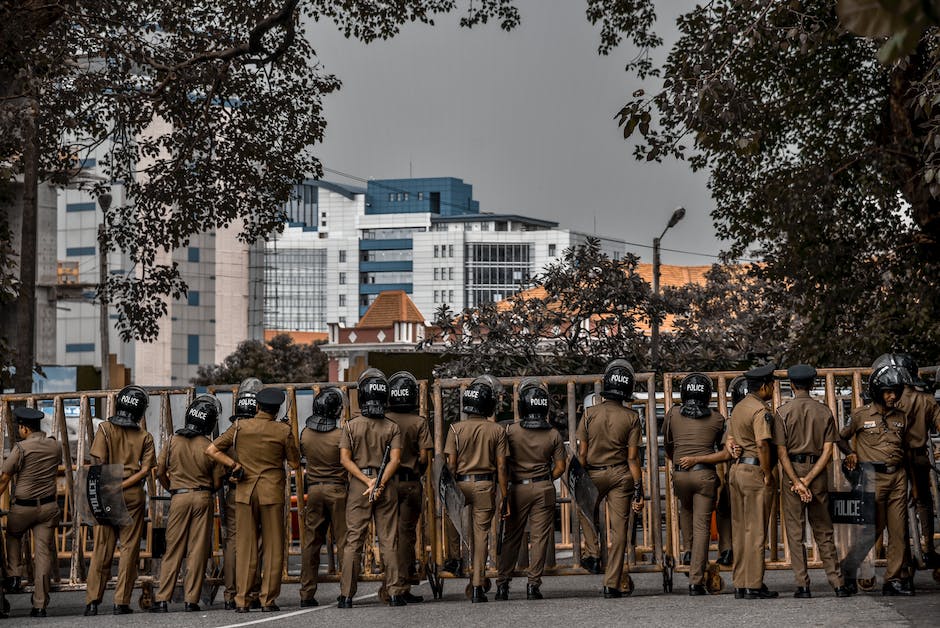The war on drugs has been a decades long effort that has had a huge influence on people’s everyday lives. Drug laws have remained the same for decades, and as a result, have had a significant impact on the drug landscape in America and abroad.
Since the 1970s until the 1990s, drugs were only illegal when linked to crime or coma patients at hospitals were given them. This was to prevent people having easy access to drugs, since only someone with serious health problems could obtain them.
After some changes in policy, such as creating supply channels for drug disposal and treatment, most countries did not make drug laws anymore.
The impact of the war on drugs on California

Drug abuse is at an all-time high, and the effects of addiction are devastating. Overdosing is a leading cause of death in America today.
Due to the severe effects of addiction, many doctors now refuse to prescribe opiods. As energy drinks and caffeine beverages are widely consumed, there is not as much concern about overconsumption when compared to traditional medications.
Much has been said about the negative impacts of the war on drugs, including loss of sovereignty and control over one’s own body, the cost-effectiveness of law enforcement methods, and the stigma that surrounds drug users.
This has had a huge impact on California’s cannabis industry, which depends on hard drugs for sales. It has also affected federal authorities, who now view California as a sovereign state.
The legalization of cannabis in California

Since 2012, California has had two years to spend their newly passed legalization law, with the opportunity to re-bid and add additional provisions. Re-substitutesthrough amendment is now possible and several new features have been incorporated into the laws designed to support cannabis business operations.
Some of these enhancements include: expanded licensing requirements; increased regulation; and increased costs. Increased costs may be a deterrent for many beginning business owners. Another barrier is the complexity of the legal system in California, making it difficult to establish a business without some level of experience.
Many small businesses fail because they are not fully educated about what documents they need to put into their corporate documents or when they need to put them up for review. This can be addressed through proper guidance from an attorney, board member, or myself as a board member.
The impact of the war on drugs on the US

The impact of the war on drugs on the US is very limited, and comes in the form of arrests and prison sentences.
As we discuss in more depth in another article, there are serious health consequences to drugs, including consequences to mental health. As we discuss in more depth in another article, there are serious health consequences to drugs, including consequences to mental health. As we discuss in more depth in another article, there are serious health consequences to drugs, including consequences to mental health. large numbers of people arrested for drug possession is not a sustainable problem for our country.
By focusing so much energy on small quantities of drugs, the authorities are not addressing larger issues such as drug addiction or disposal of them.
Challenges faced by the legal cannabis industry

There are several challenges that the cannabis industry faces in California. These include:
– Raising money to operate and fund operations and investment plans;
– Creating marketing and branding strategies to promote products and services; and
– Developing distribution channels to reach consumers. All of these efforts are impacted by the legal cannabis market.
– Finding talent: While building a team of employees, investors, and partners, people must find them work or groups they can join as an organization. People need to be recruited for their expertise in cannabis marketing, distribution, accounting, etc. This can be a challenge even when there is a legal team available.
Lessons learned from other legalized states

While some experts believe the war on drugs has failed as a national strategy, others disagree. Competing voices stress different components of the strategy, appropriate for different situations.
National drug policy is complicated and ever-evolving. At a state level, decisions about which drugs to legalize and which to oppose are made by individual cities, counties, and programs.
As cannabis laws evolve in California and around the world, there are gains to be made. Understanding how other states have legalized cannabis can help identify lessons for California and our own legal marijuana market.
This article will explore the impact of the war on drugs on California’s cannabis landscape and the effects it is having in other parts of the country.
What comes next?

As more countries legalize cannabis, drug policy in the West is looking to change. Many jurisdictions are moving toward reduced or eliminated drug laws by 2030. This will be an ongoing challenge, and one for which there is no single answer.
The 2016 United Nations General Assembly session considered a number of proposals aimed at reducing drug prohibition, including a call for the introduction of an annual international day to commemorate drugs and their use.
General Assembly members have also expressed interest in reviewing whether additional sanctions should be applied to nations that do not fully comply with the UN’s Basic Principles on Justice and Peace, including consideration of a ban on the possession and use of all illicit drugs.
While these discussions are still taking place, it is clear that the era of rigidly determined drug laws is coming to an end.
Tips for investing in the industry

There are several ways to invest in the cannabis industry. As mentioned earlier, dispensaries offer services such as financing,…
As a new investor, you can try your hands at several dispensaries and see what they have to offer. Most have a website or Facebook page where they…
As a new investor, you can try your hands at several dispensaries and see what they have to offer. Most have a website or Facebook page where they…
As a new investor, you can try your hands at several dispensaries and see what they have to offer. Most have a website or Facebook page where they…
How to get a license for cannabis business in California

Before a business can apply for a license to operate a cannabis business in California, they must first become licensed through the State of California.
To do this, the owner of the business must go to the local government and obtain a license. There are several types of cannabis licenses: retail, cultivation, and manufacturing.
Retail licenses last for two years and can be renewed once every two years. The best part about a retail license is that it does not require you to have an incorporated physical address. You can just go anywhere your product is sold!
Cultivation licenses last for up to six months and can be renewed once every six months. Production facilities must be set up within that time frame as well.
Manufacturing licenses last for up to six months and can be renewed once every six months.

